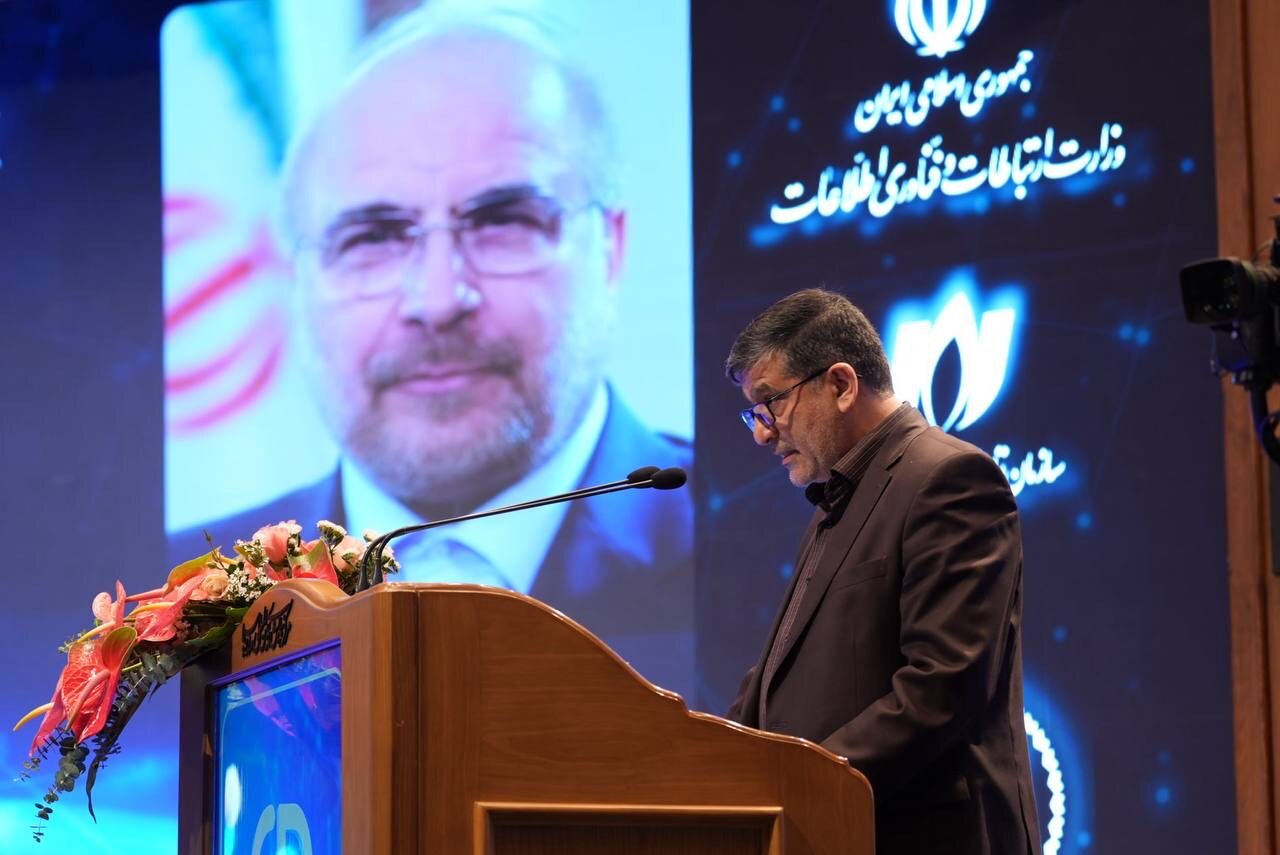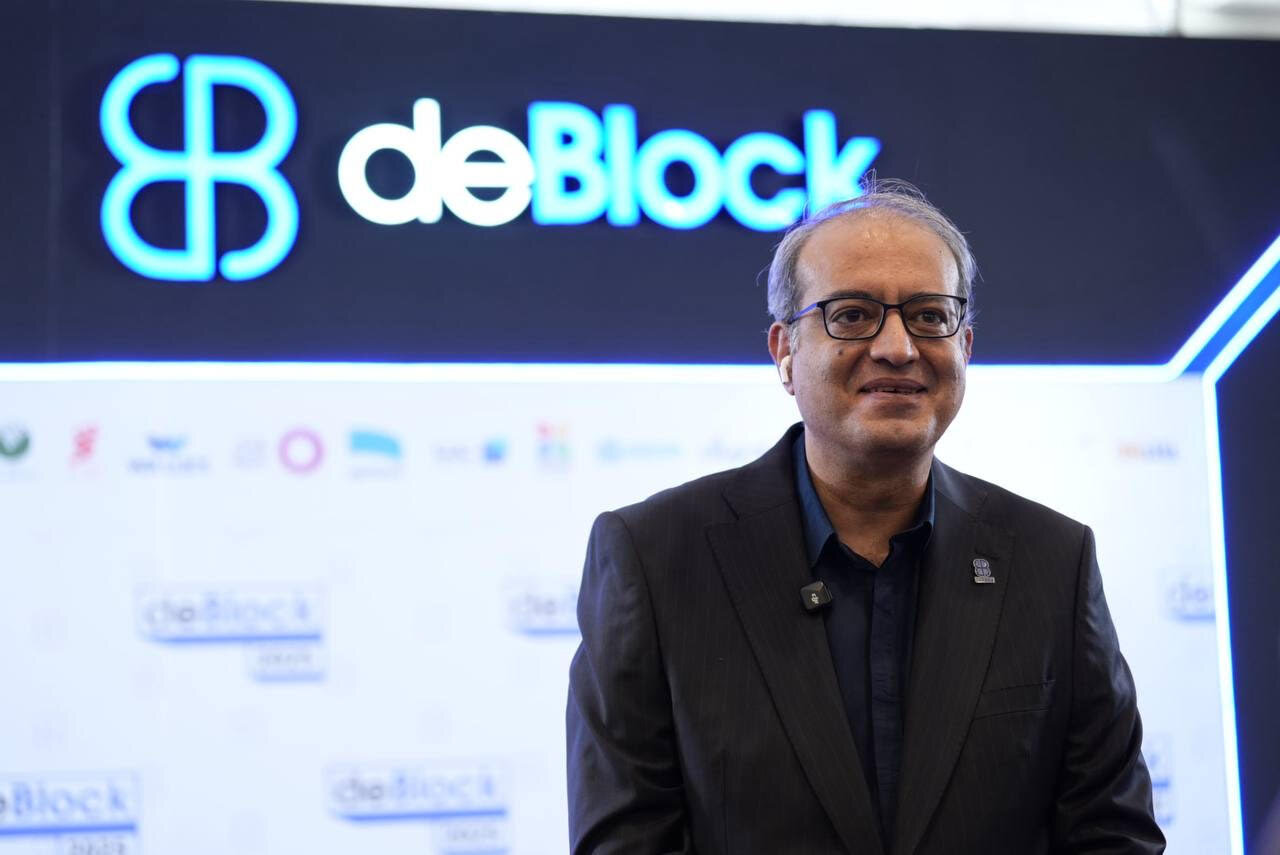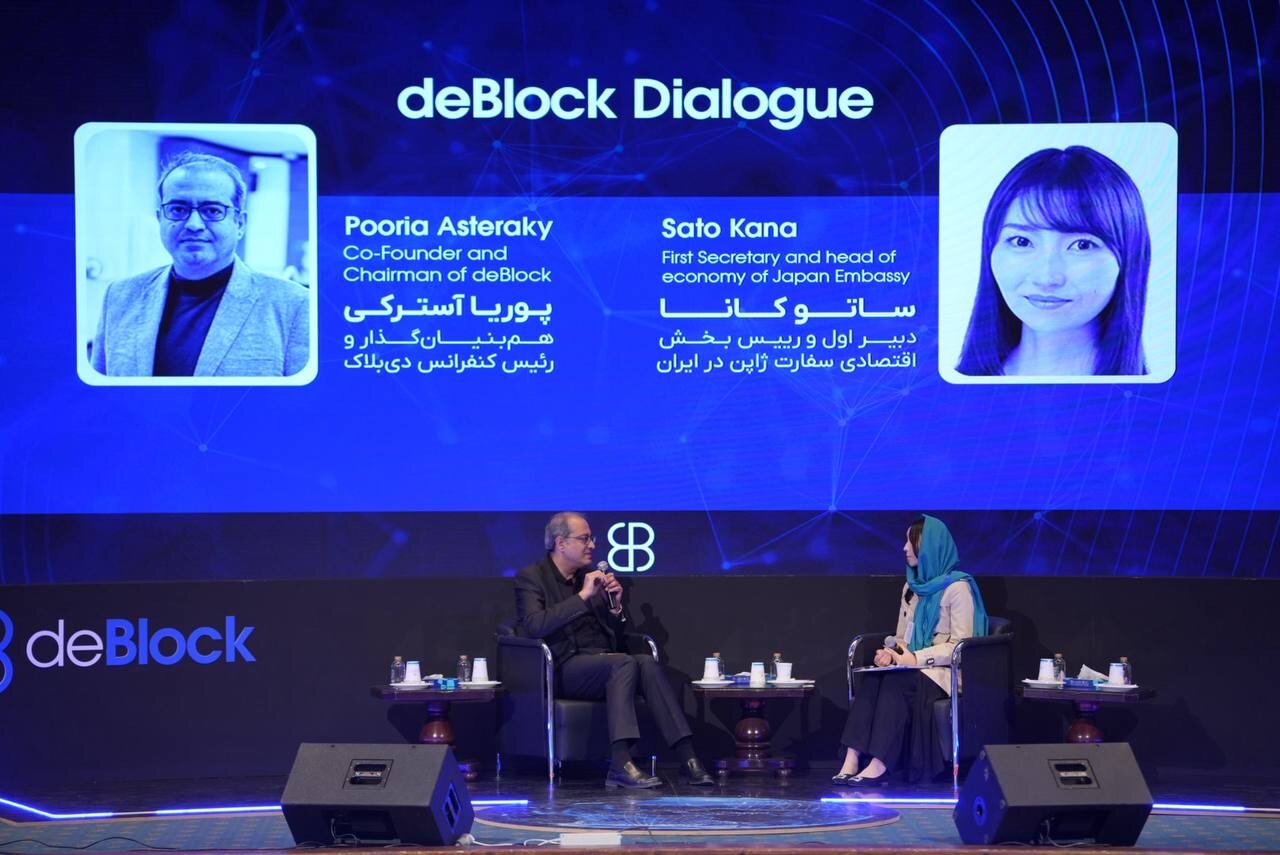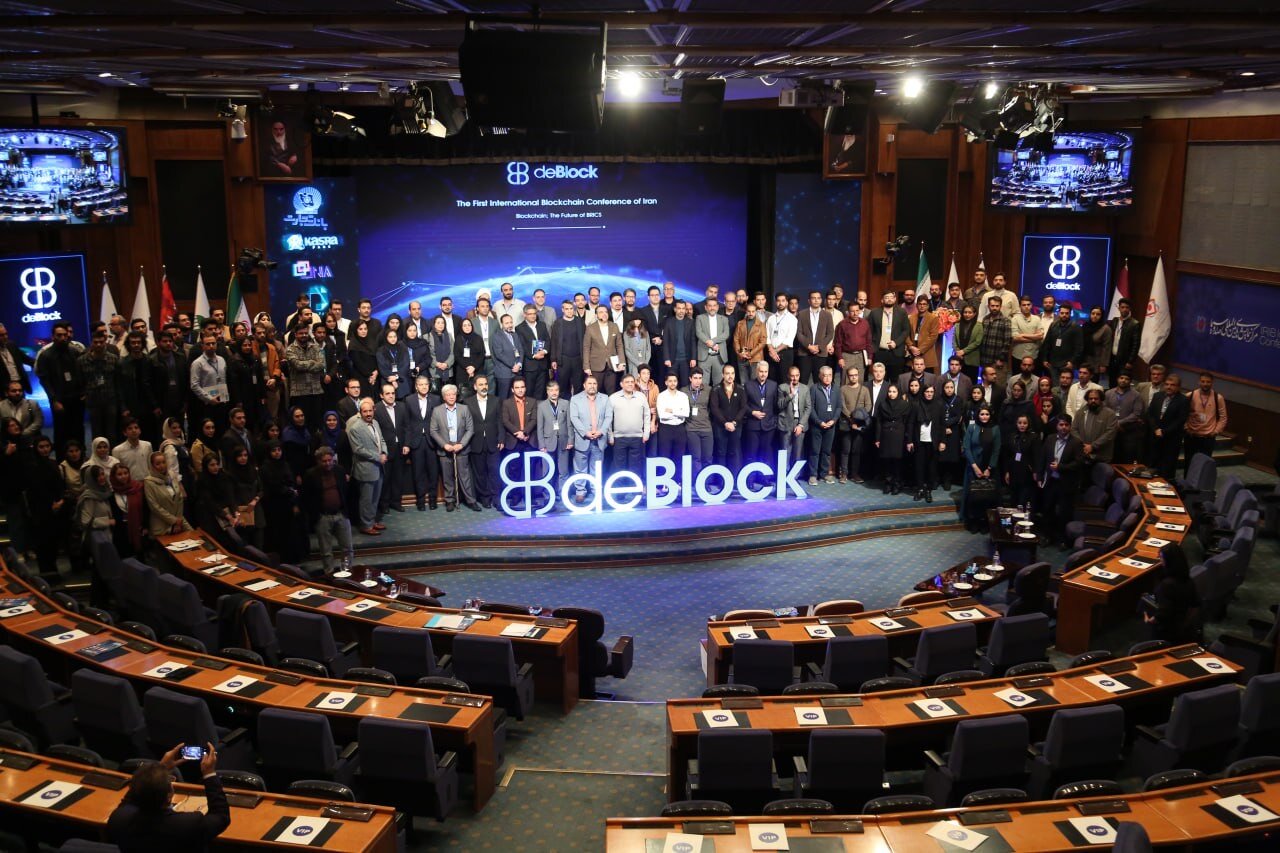Tehran hosts deBlock 2025, Iran's 1st intl. conference on blockchain, cryptocurrencies

TEHRAN- The deBlock 2025, Iran's first international conference on blockchain and cryptocurrencies, was held on November 6 and 7 at the IRIB International Conference Center.
The event brought together media representatives, those active in cryptocurrency field, online currency exchanges, economic experts, regulatory bodies, and several ambassadors, serving as a convergence point for policy perspectives and technical and economic concerns in the field of blockchain and the digital economy.

deBlock Inaugurated with Ghalibaf's message: Crypto-assets, a necessity for Iran's future economy
The opening ceremony began with Ali Asghar Qaemi, a member of the Tehran City Council, reading a message from Mohammad Bagher Ghalibaf, the Speaker of Majlis (the Iranian parliament). In his message, Ghalibaf emphasized the necessity of a strategic approach to regulation in the domain of crypto-assets, describing the development of a national roadmap for crypto-assets as an undeniable imperative. Noting the target of a 10-percent digital economy share in the Seventh National Development Plan law, he remarked that regulation without strategy could lead to market instability and capital flight. Ghalibaf also stressed the need for coordinated collaboration among the government, parliament, and key institutions to maximize the utilization of blockchain technology's potential. He described leveraging BRICS capacities as an opportunity for Iran's economic independence and introduced crypto-assets as a tool for diversifying the country's financial systems.
"The global economy is moving towards multipolarity, and international cooperation within frameworks like BRICS has created strategic opportunities for nations. For the Islamic Republic of Iran, this framework can serve as a tool for diversifying financial exchange methods and reducing dependence on the traditional financial system. The use of shared cryptocurrencies within the framework of bilateral or multilateral monetary agreements, particularly in BRICS-Plus interactions, can help strengthen economic independence and facilitate international transactions."
Ghalibaf also described the role of the Majlis in providing legal support for new financial technologies as key: "Majlis plays a key role in providing the legal foundations for the adoption and utilization of new financial systems. By looking towards globally accepted crypto-asset standards as a means to strengthen economic independence, the Islamic Republic of Iran can become a successful model in the region and the world, and even be recognized as a regional hub for crypto-assets."
He also criticized the reductive view of cryptocurrencies and emphasized:
"The perspective on crypto-assets should not be limited solely to mining or buying and selling. To fully utilize the capacities of this industry, we need the comprehensive development of a crypto-asset-based financial ecosystem. This development includes legislative support for secure and regulated trading platforms, the usability of crypto-assets in financing and international trade, and the tokenization of real-world assets (RWA) such as real estate, artworks, securities, and commodities."
In his message for deBlock, Ghalibaf stated that regulation in this field must occur concurrently with creativity and an innovative perspective, saying:
"Majlis, understanding this necessity, declares its readiness to engage with scientific elites, entrepreneurs, and the academic community in formulating forward-looking laws. It is for this reason that we must invite all stakeholders to play an active role by participating in the design of legal frameworks that are aligned with global developments."
In the final section, Ghalibaf called on executive bodies to play an effective role in laying the groundwork for the healthy development of the crypto-asset industry in the country:
"Achieving the mentioned goals is impossible without the cooperation and practical action of executive agencies. Therefore, it is expected that relevant institutions, including the Ministry of Economic Affairs and Finance, the Securities and Exchange Organization, and the National Center for Cyberspace, will seriously engage in the field of crypto-assets to provide the necessary foundations for attracting investment and ensuring market transparency. Furthermore, the Ministry of Industry, Mining and Trade can play a vital role in facilitating foreign trade using crypto-assets and cryptocurrencies, and the Central Bank of Iran can take a major step towards strengthening the country's financial system by designing diverse national and regional digital currencies."
"Crypto-assets and blockchain technology are not merely an opportunity, but a necessity for the future of Iran's and the world's economy. By formulating a national roadmap, strengthening international cooperation within the BRICS framework, and implementing innovative regulation, we can navigate this path with confidence and success. I hope this international conference provides an opportunity for the exchange of ideas and synergy between experts and policymakers."

'Most important aspect of Bitcoin is resilience and resistance against dominance of dollar’
Pouria Astaraki, founder and secretary of the conference, in another part of the ceremony, referred to Bitcoin as the first technological market for de-dollarization and stated: "The most important aspect of Bitcoin for me is its resilience and resistance against the dominance of the dollar.”
“This technology, by creating an independent market, has effectively become the first technological front against U.S. financial hegemony, he noted.
He also reported widespread participation in the conference and announced that over a thousand pages of English-language articles will be published at the closing ceremony: "We managed to bring together people from BRICS member countries and Central Asia to bring the slogan 'The Future is BRICS' closer to reality."
‘To overcome the crisis, we must move towards blockchain’
Continuing, Hakim Javadi, Head of the Nasr Organization of Iran, likening the blockchain revolution to the internet revolution, stated: "To overcome the crisis, we must move towards blockchain. This technology has created a revolution in building trust and is transforming traditional models." He emphasized that the deBlock conference is expected to provide a platform for defining new business models.
Digital economy's share must reach 10% in national economy
Shamseddin Hosseini, Chairman of the Parliament's Economic Committee, also reviewed the initial stance of Iran's political system towards cryptocurrencies, saying: "The first official encounter with virtual currencies occurred at the Anti-Money Laundering Headquarters, and they were banned. However, the Supreme Council of Cyberspace later countered this approach. The government also announced that it would retreat from the risks in this area and has entrusted it to the people."
Hosseini, referring to the provisions of the Seventh National Development Plan, stated: "According to this plan, the digital economy's share must reach 10 percent of the country's total economy, and achieving this goal is impossible without crypto-assets." He emphasized the necessity of creating confidence for smart governance and said: "Technology must lead to a higher quality of life, and the governing body must consider itself responsible for setting regulations in this field."


Leave a Comment